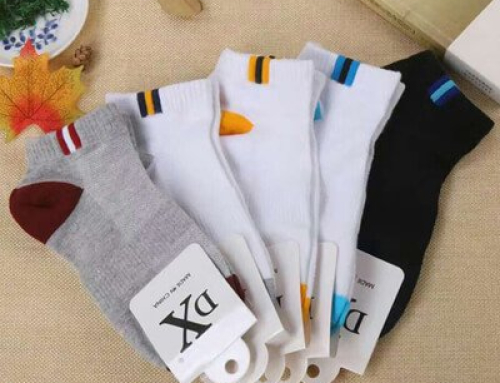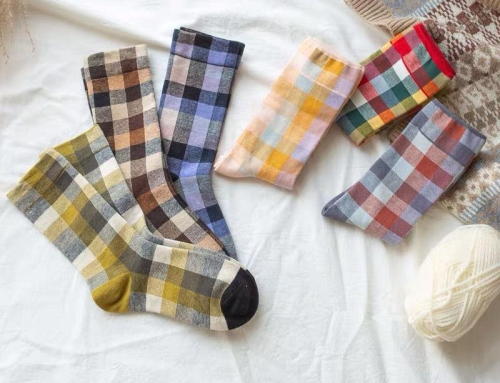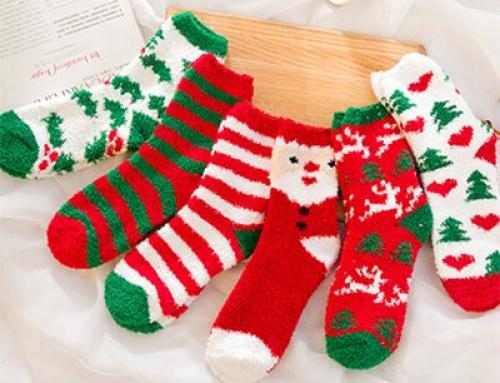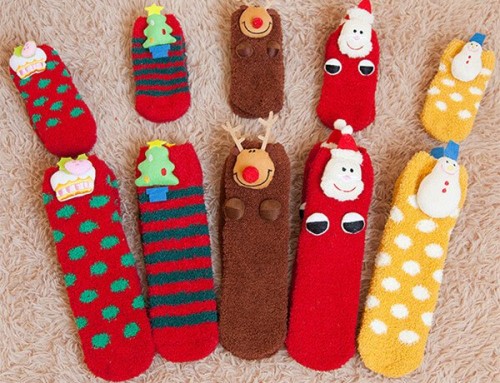Finland is known for its beautiful landscapes and clean environment. This Nordic country is also a leader in sustainable and ethical practices. One area where Finland excels is in the production of socks. In this blog post, we will explore how Finland approaches sustainable and ethical sock production. We will also look at the partnerships that help make this possible.
What is Sustainable and Ethical Sock Production?
Sustainable sock production means making socks in a way that does not harm the environment. Ethical sock production means treating workers fairly and paying them well. Both of these practices are important for a better future.
Materials Used in Sustainable Sock Production
The materials used in making socks are very important. In Finland, many companies use organic cotton, bamboo, and recycled materials. These materials are better for the environment. They also feel good on your feet!
| Material | Benefits |
|---|---|
| Organic Cotton | Uses less water and no harmful chemicals |
| Bamboo | Grows quickly and is biodegradable |
| Recycled Materials | Reduces waste and saves resources |
Energy-Efficient Production Methods
Finland uses energy-efficient methods to make socks. Factories use renewable energy like wind and solar power. This helps to reduce carbon emissions. Some factories also use energy-saving machines. These machines use less electricity and water.
Fair Labor Practices
Fair labor practices are a big part of ethical production. In Finland, workers are treated with respect. They are paid fair wages and work in safe conditions. Companies follow strict labor laws to make sure workers are happy and healthy.
Partnerships for Sustainable Sock Production
Finland works with many partners to make sustainable and ethical socks. These partners include other companies, non-profit organizations, and government agencies. Let’s look at some of these partnerships.
Company Partnerships
Many Finnish companies work together to make better socks. For example, a sock company might partner with a textile company. Together, they can find better materials and methods. This helps to make the production process more sustainable.
Non-profit Organizations
Non-profit organizations also play a big role. They help to raise awareness about sustainable and ethical production. Some organizations offer certifications for companies that meet high standards. This helps consumers know which socks are made responsibly.
Government Agencies
The Finnish government supports sustainable and ethical practices. They provide funding for research and development. They also create policies that encourage companies to be more sustainable. This helps to make sure that all companies follow the same rules.
Consumer Awareness and Choice
Consumers also have a role to play. When people choose to buy sustainable and ethical socks, they support better practices. In Finland, many people are aware of the impact of their choices. They look for certifications and labels that show a product is made responsibly.
- Look for organic and recycled materials.
- Check for certifications like Fair Trade.
- Support companies that treat workers well.
Case Study: A Finnish Sock Company
Let’s look at a real example. Happy Feet Socks is a Finnish company that makes sustainable and ethical socks. They use organic cotton and recycled materials. They also use renewable energy in their factory. Happy Feet Socks partners with a local textile company. Together, they have developed new materials that are even better for the environment. They also work with a non-profit organization to get certified for their fair labor practices. The Finnish government has supported Happy Feet Socks with funding. This has helped them to invest in new technology. As a result, they can make more socks with less impact on the environment.
Benefits of Sustainable and Ethical Sock Production
There are many benefits to making socks in a sustainable and ethical way. These benefits help the environment, workers, and consumers.
| Benefit | Description |
|---|---|
| Environmental Protection | Reduces pollution and saves resources |
| Better Working Conditions | Fair wages and safe workplaces |
| Consumer Trust | People are more likely to buy from responsible companies |
Challenges and Future Directions
There are still challenges to making all sock production sustainable and ethical. It can be more expensive to use better materials and methods. However, as more companies and consumers support these practices, costs may go down. In the future, we can expect to see even more innovation. New materials and technologies will make it easier to produce socks responsibly. Partnerships will continue to play a key role in making this happen.
Frequently Asked Questions
What Makes Finnish Sock Production Sustainable?
Finnish sock production prioritizes eco-friendly materials, energy efficiency, and waste reduction, ensuring minimal environmental impact.
How Do Finnish Companies Ensure Ethical Practices?
Finnish companies enforce fair labor standards, provide safe working conditions, and support local communities, ensuring ethical production practices.
Are Organic Materials Used In Finnish Socks?
Yes, Finnish sock producers use organic cotton, bamboo, and other sustainable materials, reducing environmental harm and promoting sustainability.
Do Finnish Sock Producers Engage In Partnerships?
Finnish sock producers collaborate with eco-conscious organizations and local communities to enhance sustainability and ethical standards in production.
How Does Finland Reduce Waste In Sock Production?
Finland implements innovative recycling methods and upcycling practices, significantly reducing waste throughout the sock production process.
Conclusion
Finland is a leader in sustainable and ethical sock production. They use better materials, energy-efficient methods, and fair labor practices. Partnerships with companies, non-profits, and government agencies help make this possible. Consumers also play an important role by choosing to buy responsibly made socks. Together, we can make a difference for the environment and for workers around the world. So next time you buy socks, think about where they come from. Choose socks that are made in a way that is good for the planet and for people. Finland shows us that it is possible to make great socks that are also sustainable and ethical.




